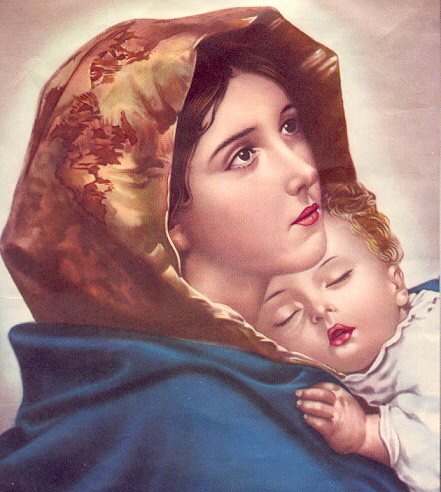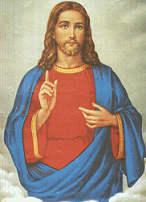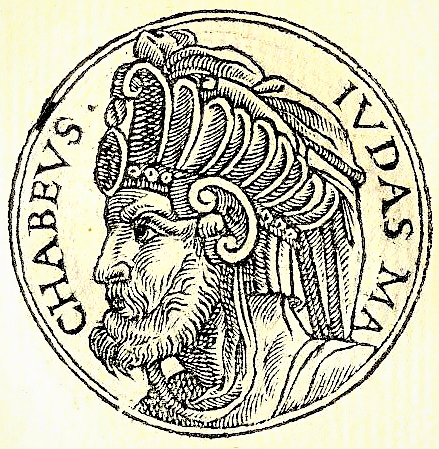|

Organizations

Life of Jesus
Bible
|
Home

Judas Maccabaeus, son of Mattathias of the Hasmonean family, restores the Temple in Jerusalem. This event is commemorated each year by the festival of Hanukkah.November,21 2018Despite the fact that the new temple was not as extravagant or imposing as its predecessor, it still dominated the Jerusalem skyline and remained an important structure throughout the time of Persian suzerainty.
The temple narrowly avoided being destroyed again in 332 BC when the Jews refused to acknowledge the deification of Alexander the Great of Macedonia. Alexander was allegedly “turned from his anger” at the last minute by astute diplomacy and flattery. After the death of Alexander on 13 June 323 BC, and the dismembering of his empire, the Ptolemies came to rule over Judea and the Temple. Under the Ptolemies, the Jews were given many civil liberties and lived content under their rule. However, when the Ptolemaic army was defeated at Panium by Antiochus III of the Seleucids in 198 BC, this policy changed. Antiochus wanted to Hellenize the Jews, attempting to introduce the Greek pantheon into the temple. A rebellion ensued and was brutally crushed, but no further action by Antiochus was taken. When Antiochus died in 187 BC at Luristan, his son Seleucus IV Philopator succeeded him. However, his policies never took effect in Judea, since he was assassinated the year after his ascension.
Antiochus IV Epiphanes succeeded his older brother to the Seleucid throne and immediately adopted his father's previous policy of universal Hellenization. The Jews rebelled again and Antiochus, in a rage, retaliated in force. Considering the previous episodes of discontent, the Jews became incensed when the religious observances of Sabbath and circumcision were officially outlawed. When Antiochus erected a statue of Zeus in their temple and Hellenic priests began sacrificing pigs (the usual sacrifice offered to the Greek gods in the Hellenic religion) their anger began to spiral. When a Greek official ordered a Jewish priest to perform a Hellenic sacrifice, the priest (Mattathias) killed him. In 167 BC, the Jews rose up en masse behind Mattathias and his five sons to fight and win their freedom from Seleucid authority. Mattathias' son Judas Maccabeus, now called "The Hammer", re-dedicated the temple in 165 BCE and the Jews celebrate this event to this day as a major part of the festival of Hanukkah.
The temple was rededicated under Judas Maccabaeus in 164 BC. During the Roman era, Pompey entered (and thereby desecrated) the Holy of Holies in 63 BC, but left the Temple intact. In 54 BCE, Crassus looted the Temple treasury, only for him to die the year after at the Battle of Carrhae against Parthia. When news of this reached the Jews, they revolted again, only to be put down in 43 BC.
|
|

|
The Western Archdiocese of the Syriac Orthodox Church of Antioch,
providing spiritual guidance and leadership to the Syriac Orthodox
community, is a 501 (c) (3) non-profit, tax-exempt organization
comprised of 18 churches and parishes in 17 western states. It was
established in 1952 as the Archdiocese of the Syrian Orthodox Church
encompassing the entire United States and Canada. In November 1995 by
the Holy Synod, the Western Archdiocese was formed to exclusively
serve the 17 states of the western half United States.
417 E. Fairmount Rd., Burbank, CA 91501
Tel: (818) 845-5089 Fax: (818) 953-7203
E-mail: bishopric@soc-wus.org
|
|